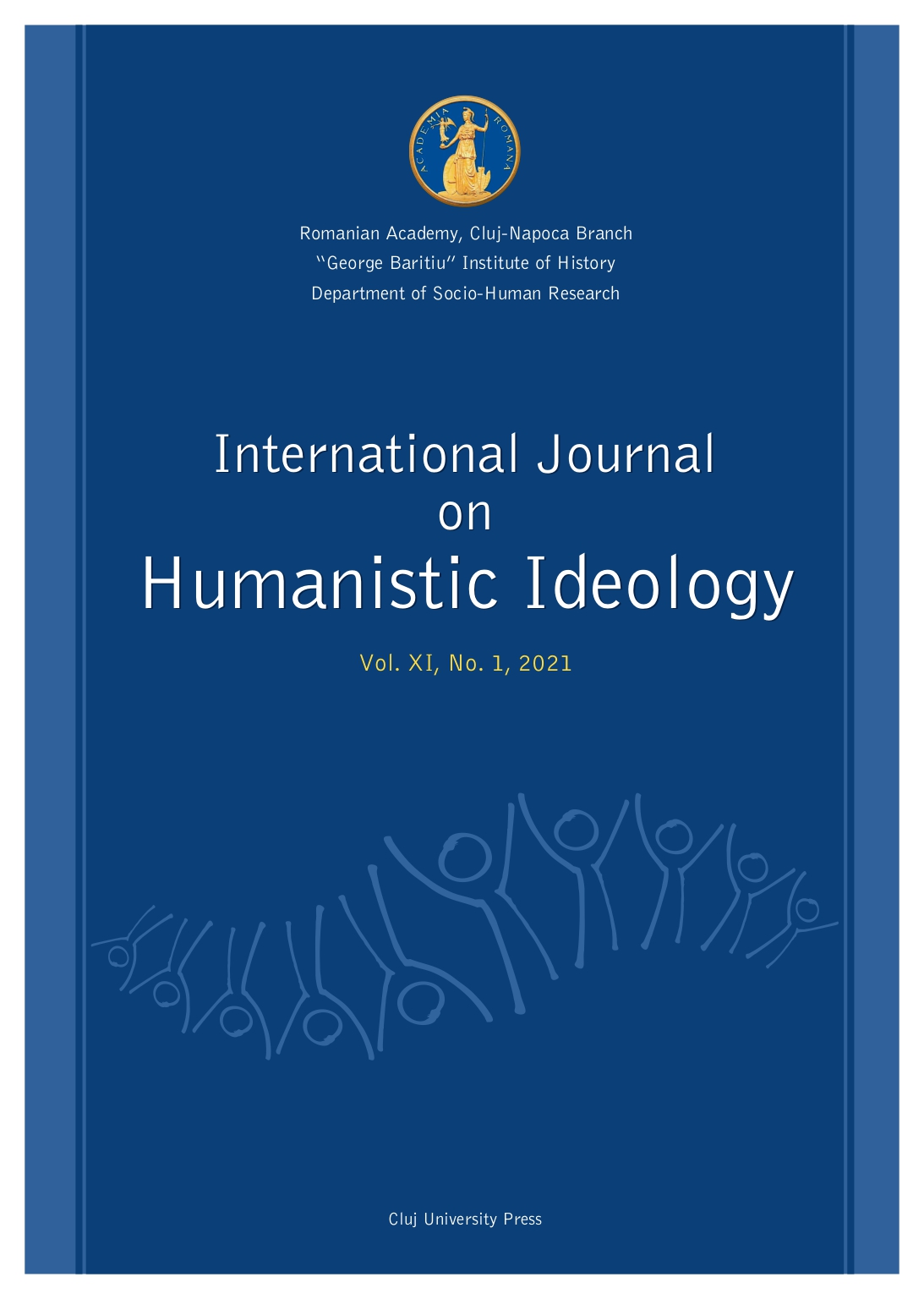Learning to Face Death Earnestly: Kierkegaard’s Critique of Inauthentic Conceptions of Death in “At a Graveside”
Learning to Face Death Earnestly: Kierkegaard’s Critique of Inauthentic Conceptions of Death in “At a Graveside”
Author(s): David LawSubject(s): Philosophy, Metaphysics, Existentialism, Philosophy of Religion
Published by: Presa Universitara Clujeana
Keywords: Kierkegaard; death; earnestness; authenticity; inauthenticity; afterlife; Christianity;
Summary/Abstract: This article catalogues the inauthentic strategies human beings employ to avoid confronting the inevitability of death. The identification of these inauthentic strategies provides the basis for considering two issues raised by “At a Graveside”, the third discourse in Three Discourses on Imagined Occasions. Firstly, the article explores Kierkegaard’s notion of “earnestness” and his claim that it is only by learning to face death earnestly that human beings can live meaningful and worthwhile lives. Secondly, the article addresses the puzzle of the almost complete omission of Christian categories in “At a Graveside” by arguing that Kierkegaard has adopted an intentionally “this-worldly” strategy in order to avoid the Christian hope of an afterlife itself becoming an inauthentic strategy for addressing death. Christian categories can be introduced only after carrying out a preparatory non-Christian reflection on death, which creates the earnestness that is necessary if human beings are to live authentically in the face of the inevitability of death.
Journal: International Journal on Humanistic Ideology
- Issue Year: XI/2021
- Issue No: 1
- Page Range: 49-87
- Page Count: 39
- Language: English

